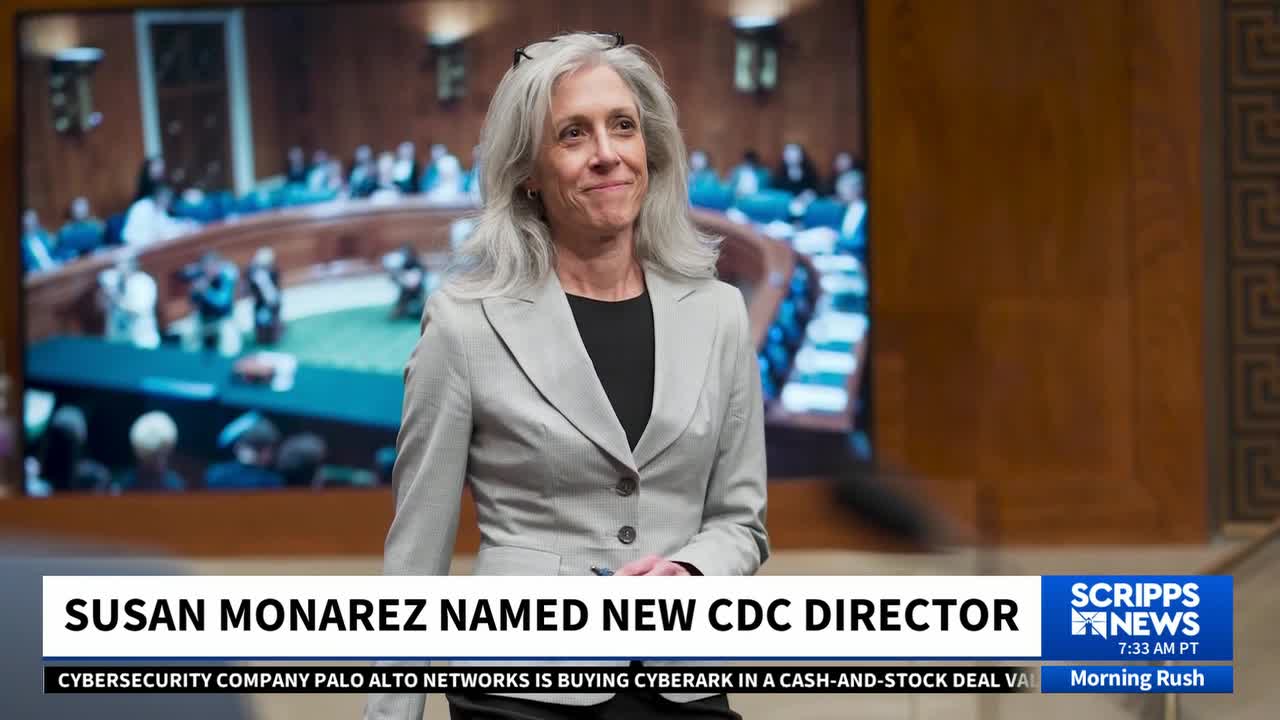The Senate on Tuesday confirmed Susan Monarez to be President Donald Trump's director of the U.S. Centers for Disease Control and Prevention.
Monarez, 50, was named acting director in January and then tapped as the nominee in March after Trump abruptly withdrew his first choice, David Weldon.
The Atlanta-based federal agency, tasked with tracking diseases and responding to health threats, has been hit by widespread staff cuts, key resignations and heated controversy over long-standing CDC vaccine policies upended by Health Secretary Robert F. Kennedy Jr.
With the 51-47 vote in favor of Monarez, she becomes the first CDC director to pass through Senate confirmation under a 2023 law.
She holds a doctorate in microbiology and immunology from the University of Wisconsin-Madison and did postdoctoral research at Stanford University.
Prior to the CDC, Monarez was largely known for her government roles in health technology and biosecurity. Monarez
She has served in leadership positions at the Homeland Security Advanced Research Projects Agency within the Department of Homeland Security and the Biomedical Advanced Research Projects Agency within HHS.
She has served on advisory panels for the National Academies of Science, the National Science Advisory Board for Biosecurity and the Organization for Economic Cooperation and Development.
Where does she stand on hot-button issues?
At her confirmation hearing, Monarez said she values vaccines and rigorous scientific evidence, but she largely dodged questions about her dealings with Kennedy, an antivaccine activist who has sought to dismantle some of the agency's previous protocols and decisions.
Monarez also said she believes fluoride is an important component of oral health, and it is safe to have in community tap water — even though Kennedy has directed the agency to change its guidance.
Experts have said, according to NPR and Politico, that Monarez will have to walk a fine line between her scientific background and Kennedy's agenda for the health agency.





